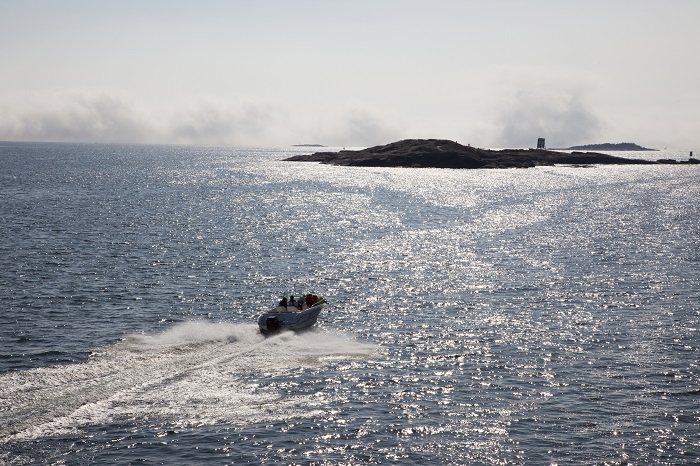World Oceans Day observed
Safe shipping, sustainable use of seas underscored
Published : 09 Jun 2017, 00:58
Updated : 09 Jun 2017, 11:15
As elsewhere in the world, World Ocean Day was observed in Finland on Thursday with a view to increase the worldwide awareness of timely challenges related to the seas and oceans and the new observation methods developed to resolve these challenges.
This year the day’s theme was ‘Our oceans, our future,’ said a press release issued by Finnish Meteorological Institute (FMI).
In observance of the day, the FMI organised a seminar on ‘Baltic Sea, Intelligent Sea’ with all the sea and ocean experts in Finland taking part to discuss the new observation methods and the future of shipping.
“The Baltic Sea is a small and shallow peripheral sea that functions differently from the oceans. The sea is also affected by variables such as marine biological processes, temperature, nutrients, waves and ice cover. An extensive range of measurements are required before we can gain an understanding of this sea,” said Jari Haapala, a research professor at the FMI.
Marine observation activities have developed a great deal in recent years because of robotics and digitalisation. Remote sensing based on the interpretation of satellite images also produces cost-effective observations to supplement observations made with traditional methods.
“The Finnish Meteorological Institute has recently adopted the use of a remote robotic underwater glider equipped with multidisciplinary sensors. When diving at different depths, the device gathers measurement data on the physical state of the Baltic Sea,” Haapala said.
On the other hand, long-term observations in the same location are also important. This is why the marine research station built on the island of Utö is unique. The station produces real-time research data on the sea, its surface and the air year-round and around the clock.
“It is therefore important that we research the sea as well as maritime activities simultaneously from numerous different viewpoints. In this way, we can observe changes in the seas caused by climate change, human activities, and other reasons. Distinguishing the various reasons from one another is important so that we can, when necessary, react in time and correctly,” Haapala emphasised.


